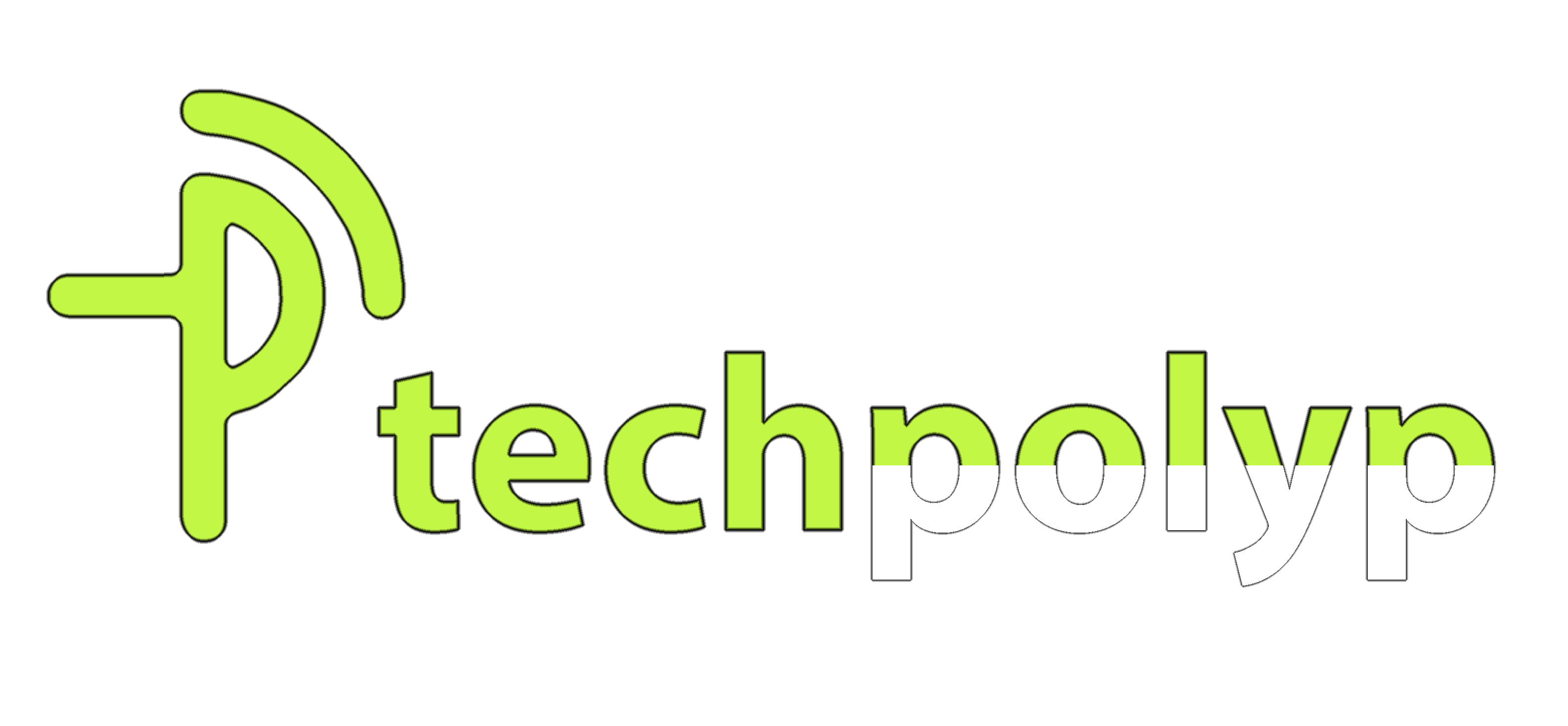When you purchase through links on our site, we may earn an affiliate commission. This doesn’t affect our editorial independence.
A recent study by Arion Research has revealed that Nigerian companies are embracing artificial intelligence (AI) at the fastest pace worldwide.
The report ‘The AI Equation: The Nigerian Model of Responsible AI Adoption’ reveals that 94% of Nigerian organisations now have a dedicated officer or team for AI implementation, significantly exceeding global averages. Furthermore, it stated that 40% of companies dedicate more than 30% of their IT budgets to safeguarding privacy.
The report emphasises how local companies integrate AI ethically while upholding strong regulatory measures.
Kehinde Ogundare, Country Head of Zoho Nigeria, speaking at the Zoholics Nigeria 2025 annual conference in Lagos recently, revealed that the AI adoption rate has reached 75 per cent in the past year. He highlighted Nigeria’s significance as one of the fastest-growing markets in Africa.
“Nigerian enterprises are at the forefront of responsible AI usage, balancing innovation with privacy protections. This reflects our approach to developing contextual, privacy-centric AI models that deliver real business advantages,’’ he stated.
The Arion Research survey emphasises Nigerian companies’ management of innovation alongside privacy. It collected feedback from 386 Nigerian organisations and discovered that 93 per cent have commenced their AI journey, with 31 per cent reaching advanced integration and 26.5 per cent applying AI in various departments. Over half of the businesses questioned have progressed from experimentation to complete operational implementation.
Vibrant Executive Leadership Fueling Progress in AI Adoption
Simultaneously, 84% of organisations indicated enhancing privacy protocols after implementing AI, with two-thirds describing the advancements as substantial. Executive leadership is fueling much of this progress, with more than half of the participants being CEOs or senior executives, guaranteeing that AI adoption is supported by strategic choices.
The financial services sector leads in AI implementation, representing 29% of survey participants. According to the Arion Research report, the major areas of AI applications include automating customer service (49%), software development and improvement (46%), and optimising marketing (32%). Importantly, all these implementations embrace a privacy and security strategy, incorporating protections into every tier of innovation.

Image credit: logicbay
Although the adoption of AI is speeding up, obstacles still exist. The report indicated that 37 per cent of companies identified a shortage of technical skills as their major challenge. Privacy and security issues pose the next major challenge at 35 per cent. Nigerian institutions are making significant investments in skills development to close this gap. Sixty-nine per cent of skill development efforts focus on data analysis and fifty-three per cent enhance AI literacy. Also, forty per cent of skill development efforts focus on educating employees on the use of generative AI tools like Google Deep Research, using the correct prompts.
This signifies an increasing acknowledgement that enhancing human capabilities is equally vital to obtaining the technology needed to achieve AI success.
Regulatory Compliance in Nigeria’s Digital Sector
According to Arion research, since the enactment of Nigeria’s Data Protection Act, 65 per cent of businesses have demonstrated impressive knowledge of regulations. The report highlighted that firms are progressively undertaking privacy audits (57 per cent), implementing data minimisation strategies (57 per cent), and demanding transparency in AI decision-making (52 per cent).

Image credit: www.arionresearch.com
Michael Fauscette, the CEO and chief analyst at Arion Research, added that Nigeria’s case challenges the notion that adopting AI undermines privacy. “According to him, the fact that 84 per cent of organisations improve privacy with AI implementation shows that privacy-focused models boost, rather than limit privacy.”









